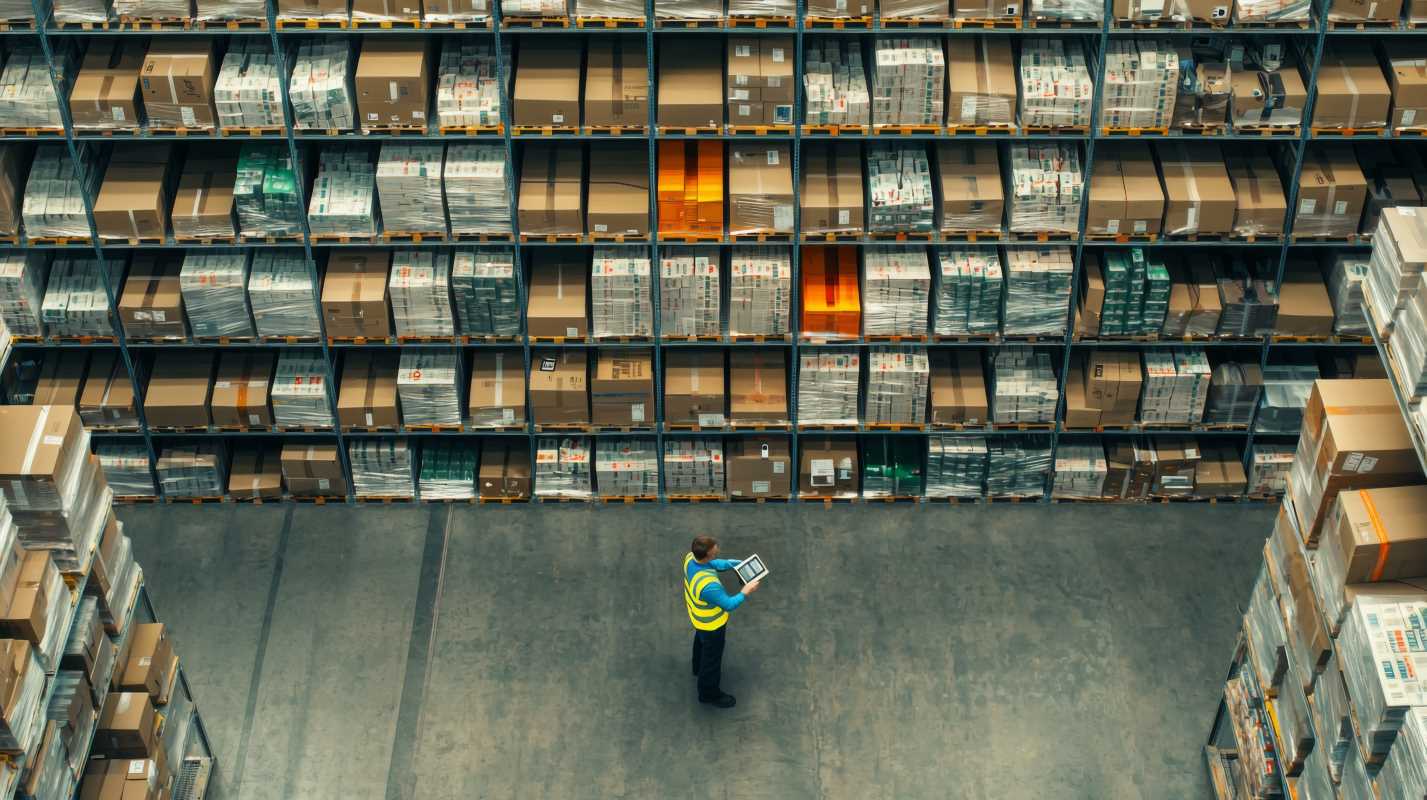Choosing to specialize in international logistics management means becoming a key player in the global economy. You are the expert who figures out how to move products across borders, navigating a complex web of ships, planes, trains, and trucks. This career path goes far beyond standard logistics; it involves understanding different cultures, laws, and currencies. An international logistics manager is a global problem-solver, ensuring that goods made in one country can reach a customer on the other side of the world safely, on time, and on budget.
Master the Complexities of Global Trade
International logistics is much more than putting a package on a plane. It involves a maze of rules, regulations, and documents that change from country to country. Excelling in this field means becoming an expert in navigating this complex landscape to ensure a smooth journey for every shipment.
Understand Customs and Trade Compliance
Every country has its own set of rules for what can enter and leave. Getting this wrong can lead to major delays, fines, or even seizure of goods. A specialist must master these details.
- Harmonized System (HS) Codes: Learn how to properly classify products using HS codes. This universal system determines the tariffs and taxes a product will face when it crosses a border. A mistake here can be very costly.
- Documentation is Key: You will become intimately familiar with documents like the commercial invoice, bill of lading, and certificate of origin. Each one serves a legal purpose, and they must be filled out perfectly.
- Stay Current on Trade Agreements: Trade laws are constantly changing. Free trade agreements can lower costs, while new tariffs can increase them. You must stay informed about these geopolitical shifts to advise your company on the best sourcing and shipping strategies.
Navigate Different Transportation Modes
Moving goods internationally often involves multiple types of transport, a process called intermodal transportation. You need to understand the pros and cons of each.
- Ocean Freight: This is the most common and cost-effective method for large, heavy shipments, but it is also the slowest. You'll need to understand container types (like 20ft vs. 40ft) and booking processes.
- Air Freight: This is much faster than ocean freight but also significantly more expensive. It's ideal for high-value, time-sensitive goods.
- Land Transport: Once a shipment arrives at a port or airport, it still needs to be moved by truck or train to its final destination. You must coordinate this "last mile" of the journey seamlessly.
Develop Critical Skills Beyond the Basics
Being a successful international logistics manager requires more than technical knowledge of shipping. You need a unique set of soft skills and business acumen to manage the unpredictable nature of global trade and lead diverse teams.
Cultivate Cross-Cultural Communication
You will be working with people from all over the world. A logistics partner in China may have a very different communication style than a customs broker in Germany.
- Be Patient and Clear: Avoid using slang or overly complex language. Confirm that your instructions are understood to prevent misinterpretations.
- Understand Cultural Norms: Research the business etiquette of the countries you work with. This can help build stronger, more effective relationships with your global partners.
- Consider Time Zone Differences: Effective planning requires coordinating with teams across multiple time zones. This might mean taking a call early in your morning to speak with a partner at the end of their day.
Hone Your Financial Acumen
International logistics has a direct and significant impact on a company's bottom line. You need to understand the financial side of your decisions.
- Manage Currency Fluctuations: The value of currencies changes daily. A shift in exchange rates can affect the cost of a shipment. You need to be aware of this risk and potentially work with finance teams to manage it.
- Calculate Landed Cost: The final cost of a product isn't its purchase price. You must calculate the "landed cost," which includes the cost of the goods plus shipping, insurance, customs duties, and taxes. This gives a true picture of a product's profitability.
- Negotiate with Vendors: You will be responsible for negotiating rates with freight forwarders, carriers, and customs brokers. Strong negotiation skills can save your company a substantial amount of money.
Position Yourself for a Career in International Logistics
Building a career in this specialized field requires a combination of education, practical experience, and a commitment to continuous learning. You can take several deliberate steps to put yourself on the right path.
Gain Relevant Education and Certifications
A strong educational foundation is a great starting point. Many universities offer degrees in supply chain management or international business. Certifications can also add significant value.
- Look for degrees with an international focus.
- Consider professional certifications like the Certified in Logistics, Transportation, and Distribution (CLTD) or certificates focused specifically on global trade compliance.
Seek Out Hands-On Experience
Theory is important, but there is no substitute for real-world experience. Look for opportunities to get your hands dirty.
- Internships are invaluable. Seek out internships with freight forwarders, customs brokerage firms, or large companies with global supply chains.
- Start in a related role. You might begin your career in a domestic logistics or warehouse role to learn the fundamentals before moving into an international position.
- Express your interest. Let your managers know you are interested in international assignments. Volunteer for projects that involve global partners or cross-border shipments to gain exposure. This proactive approach shows your ambition and willingness to learn.
 (Image via
(Image via





